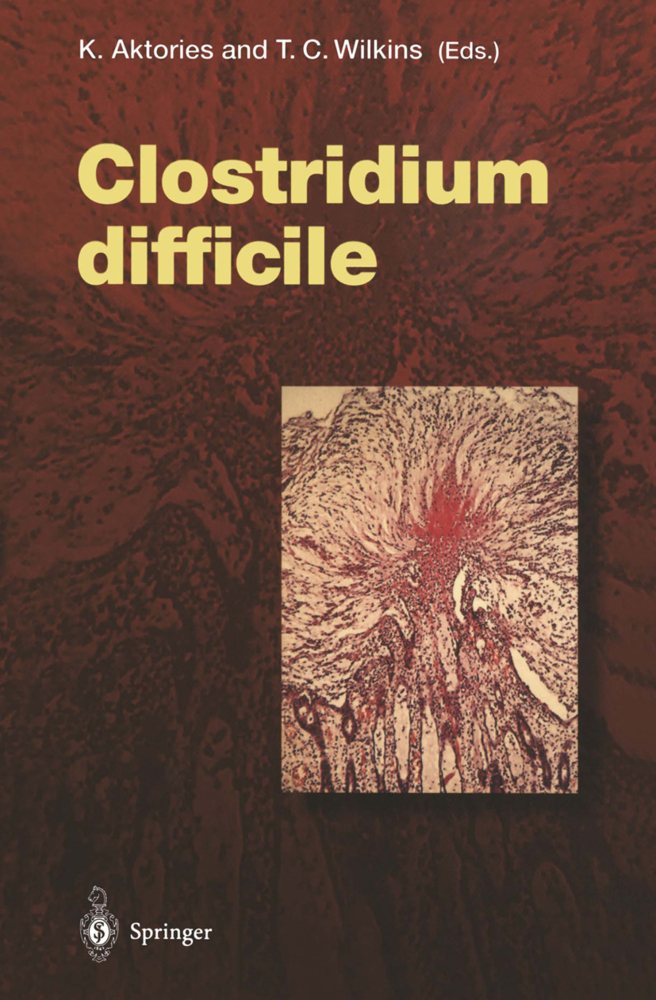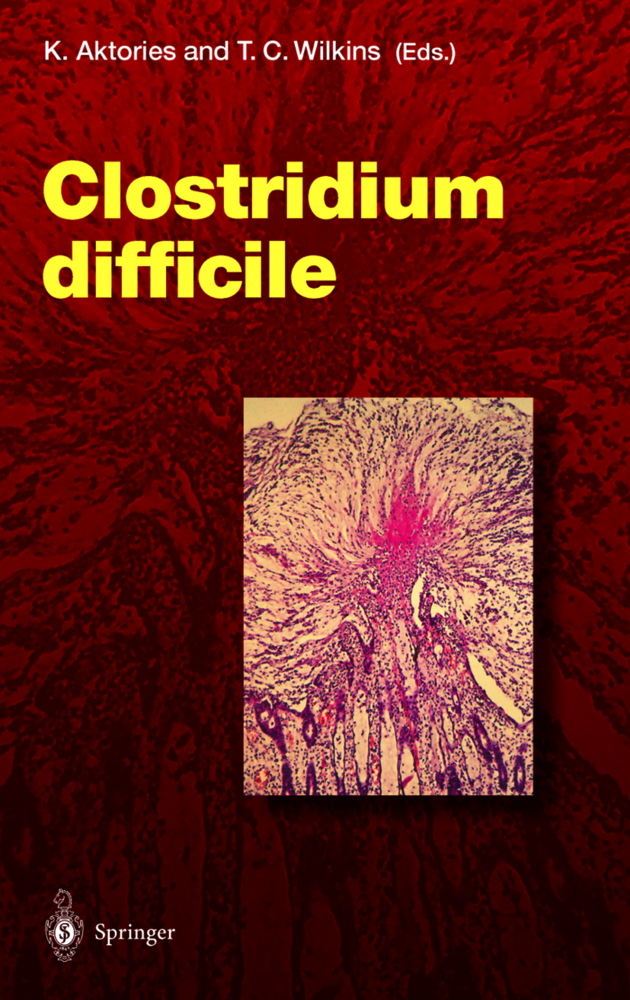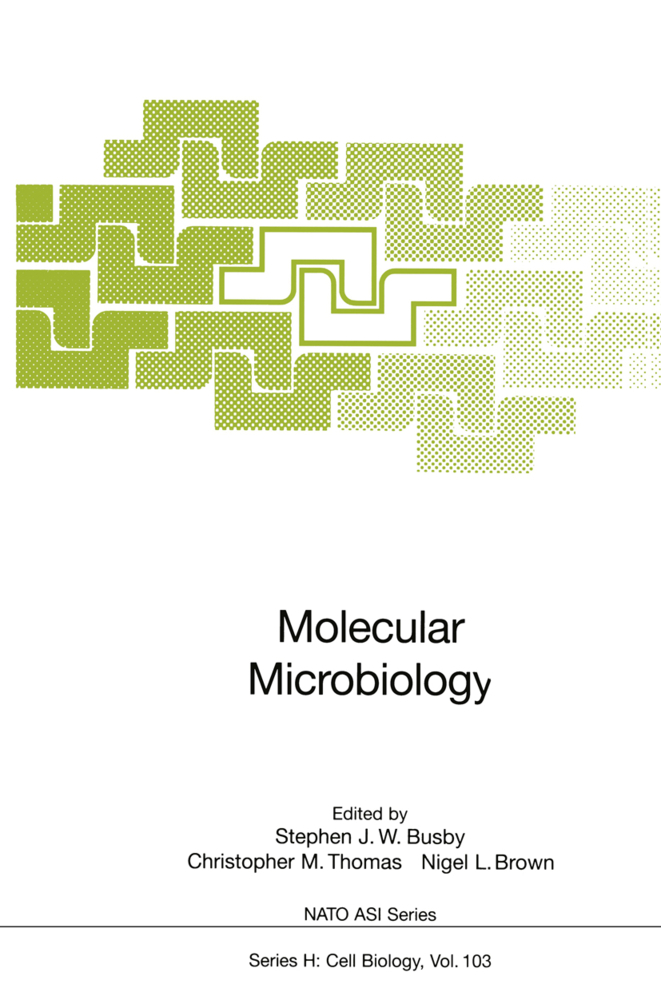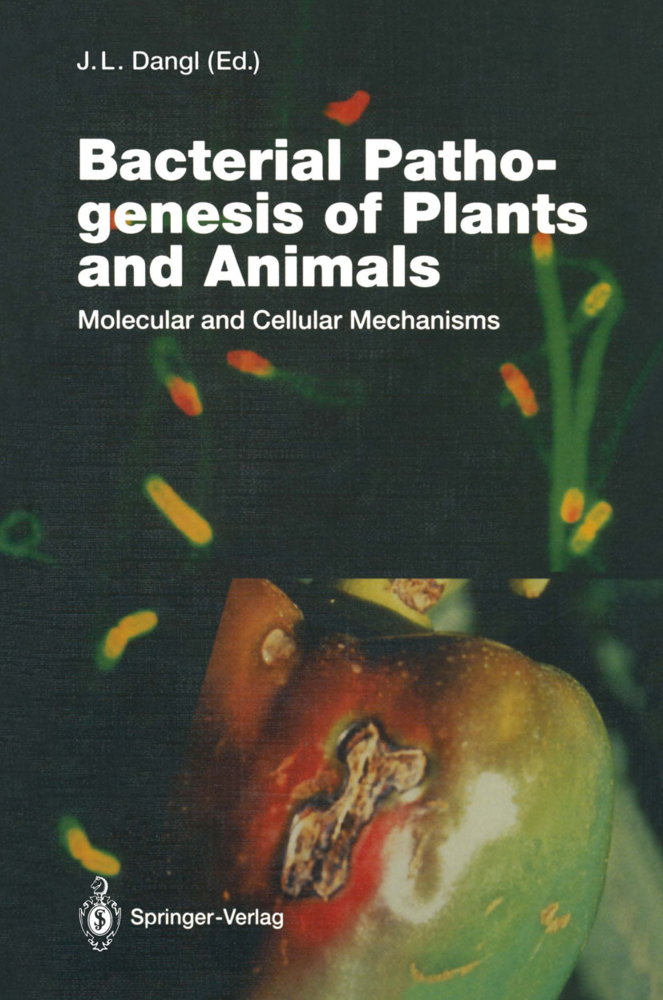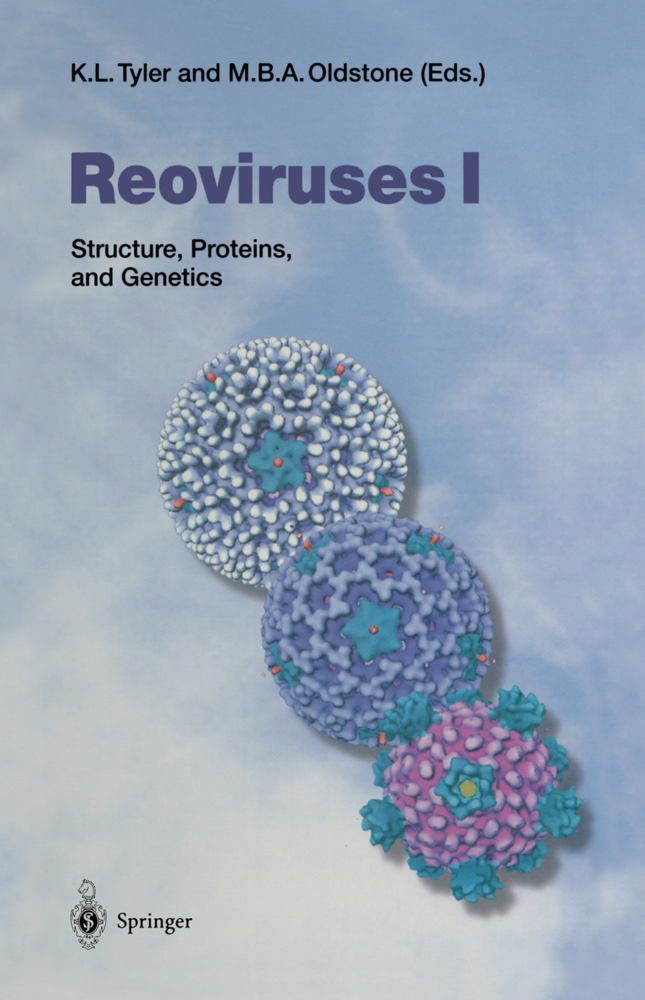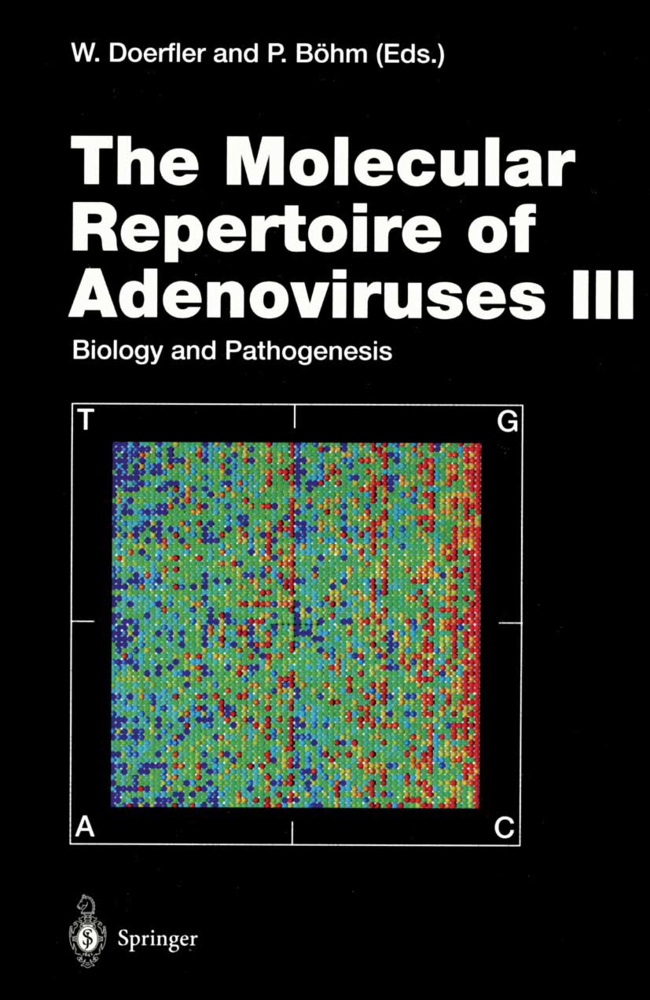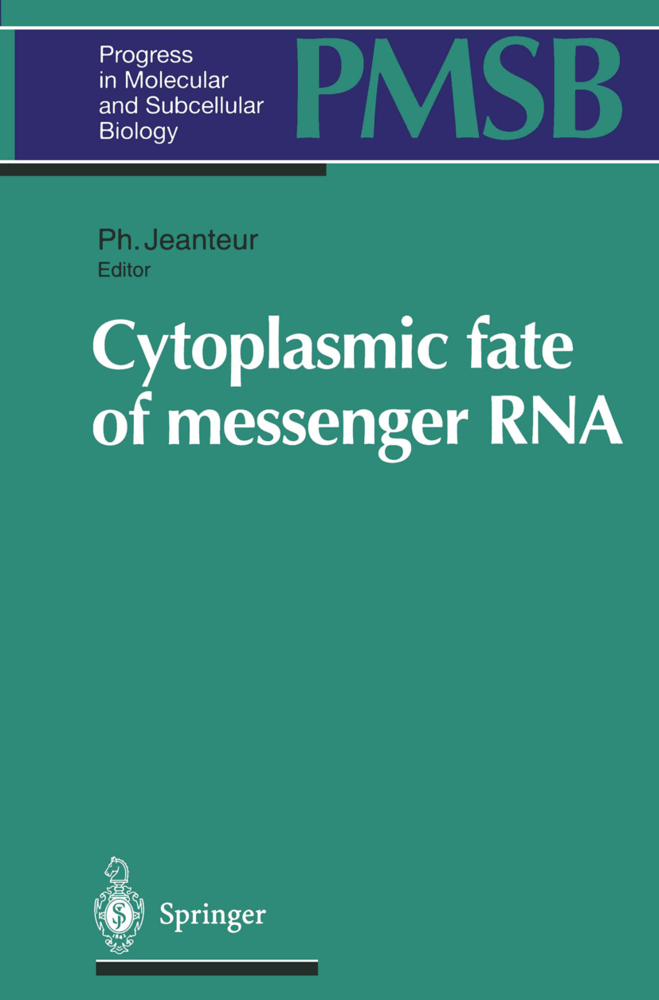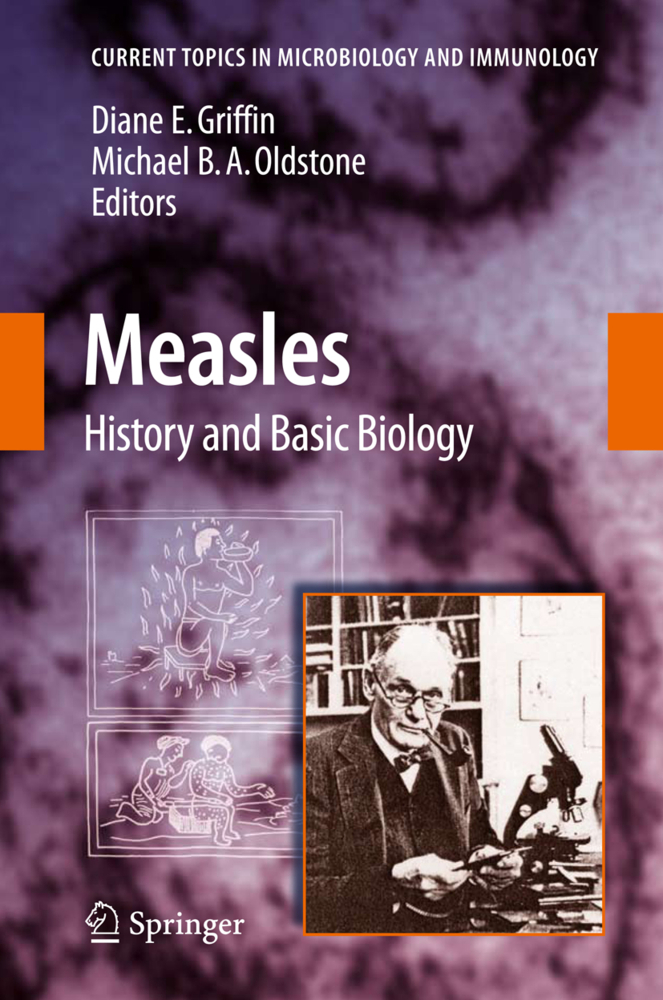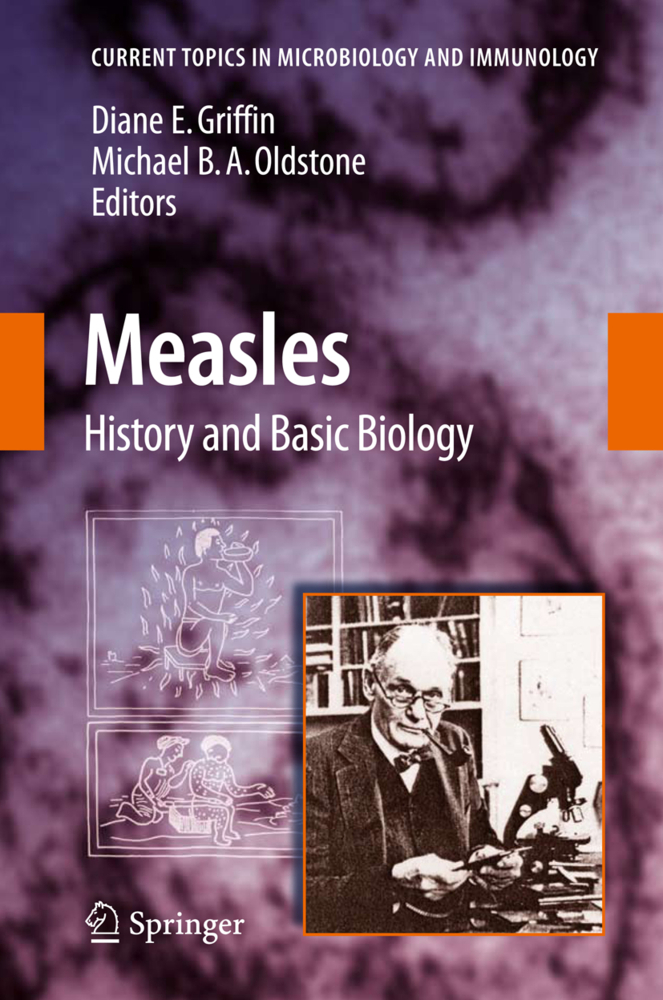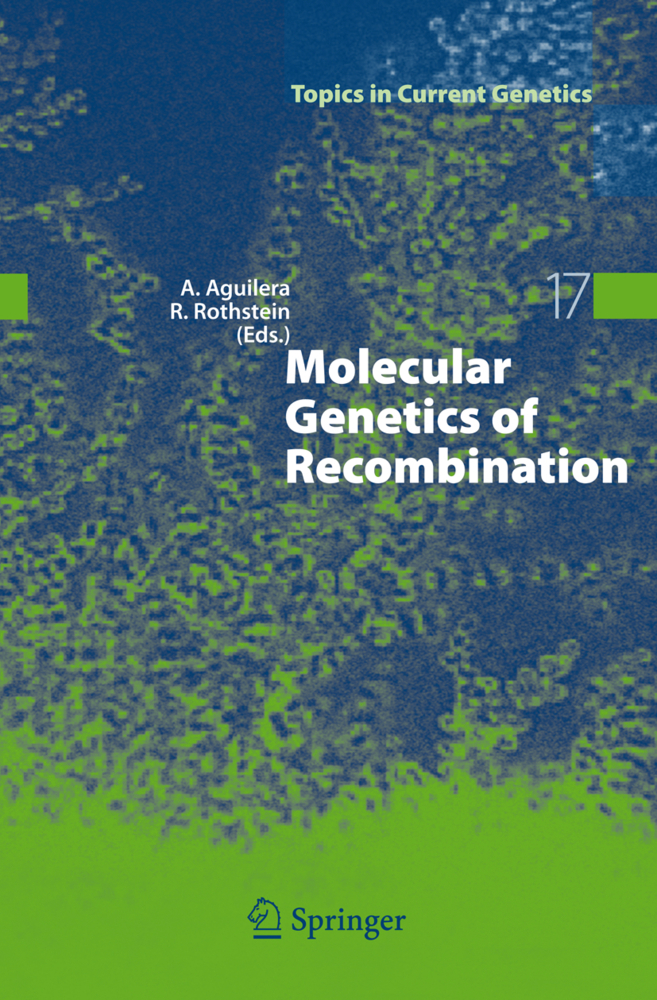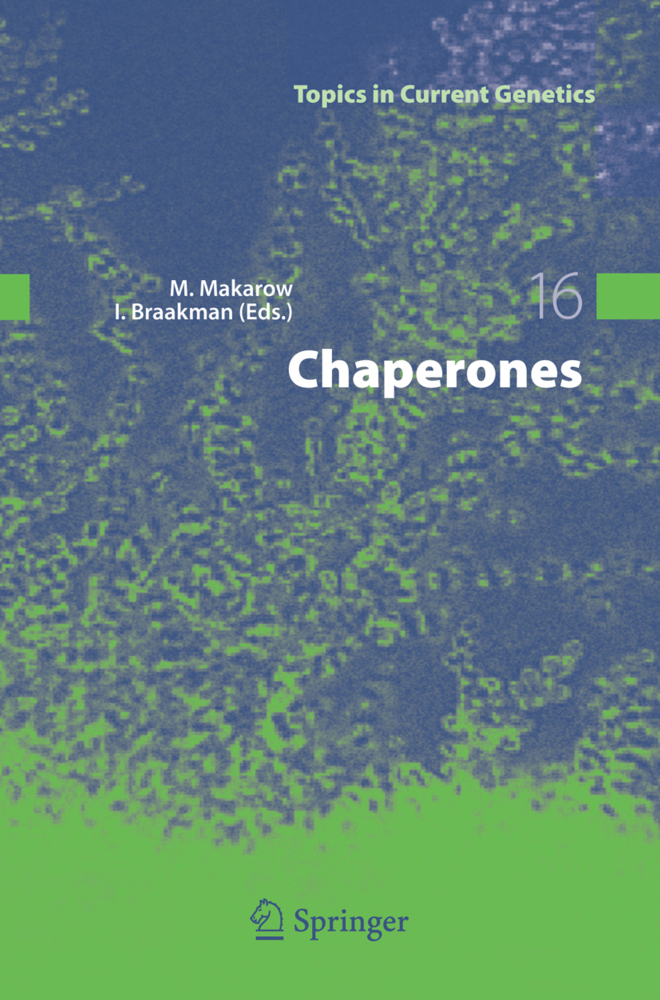Clostridium difficile
Clostridium difficile
Clostridium difficile has been recognized as the cause of a broad spectrum of enteric disease ranging from mild antibiotic-associated diarrhea to pseudomembranous colitis. This volume gives new insights into the microbiology, diagnostics and epidemiology of Clostridium difficile and describes recent strategies in treatment of diseases caused by this agent. Main parts of the volume are devoted to Clostridium difficile toxins A and B which are the major virulence factors. The molecular biology, biochemistry, pharmacology and cell biology of these toxins which are the prototypes of a new family of large clostridial cytotoxins is described in great detail. Clostridium difficile toxins act as glucosyltransferases to inactivate small GTP-binding proteins of the Rho family which are involved in regulation of the actin cytoskeleton, cell adhesion and various signaling processes.
Genetics of Clostridium difficile Toxins
Molecular Mode of Action of the Large Clostridial Cytotoxins
Cytotoxic Effects of the Clostridium difficile Toxins
Large Clostridial Cytotoxins as Tools in Cell Biology
Pathogenesis and Clinical Manifestations of Clostridium difficile Diarrhea and Colitis
Treatment of Clostridium difficile-Associated Diarrhea and Colitis.
List of Contents
Microbiology, Epidemiology and Diagnosis of Clostridium difficile InfectionGenetics of Clostridium difficile Toxins
Molecular Mode of Action of the Large Clostridial Cytotoxins
Cytotoxic Effects of the Clostridium difficile Toxins
Large Clostridial Cytotoxins as Tools in Cell Biology
Pathogenesis and Clinical Manifestations of Clostridium difficile Diarrhea and Colitis
Treatment of Clostridium difficile-Associated Diarrhea and Colitis.
| ISBN | 978-3-642-08668-7 |
|---|---|
| Medientyp | Buch |
| Auflage | Softcover reprint of hardcover 1st ed. 2000 |
| Copyrightjahr | 2010 |
| Verlag | Springer, Berlin |
| Umfang | IX, 150 Seiten |
| Sprache | Englisch |

